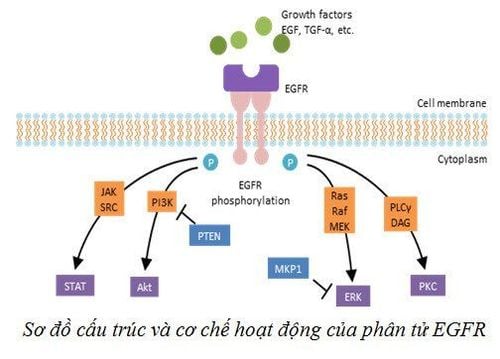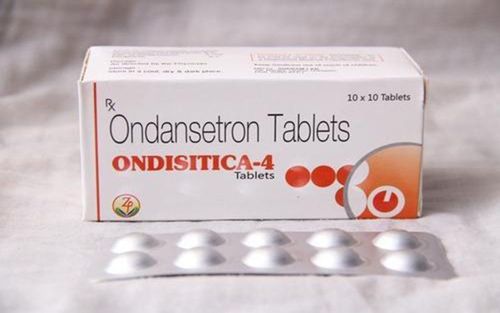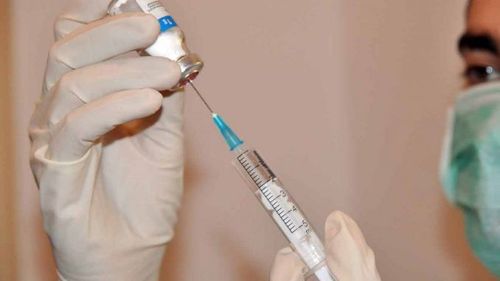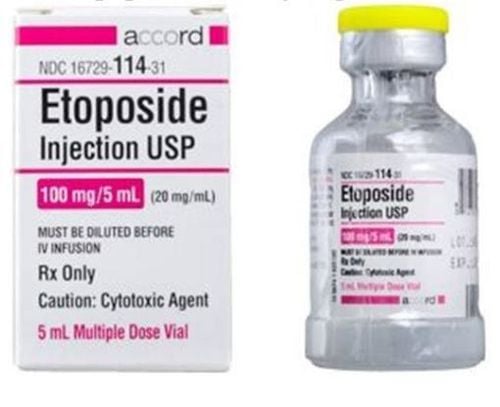This is an automatically translated article.
To optimize the treatment of advanced non-small cell lung cancer, after the histology has been determined, the doctors will perform the EGFR gene mutation test. International associations recommend that EGFR testing be performed routinely in patients with advanced or metastatic non-small cell lung cancer with an adenoid histology.
1. What is lung cancer?
According to statistics, in the world today, there are 18.1 million cases of cancer and 9.6 million deaths from the disease, cancer is a dangerous disease and causes a global burden.
Lung cancer is a common cancer and the leading cause of death in the world, it can affect both men and women, this disease has a silent progression over time. When the malignant tumor is less than 1cm in diameter and grows gradually, metastasizes according to the respiratory tract in the patient's body, especially, lung cancer cells can travel through the bloodstream, metastasize via the blood stream. lymph to the lymph nodes. When the disease turns to the end stage, the prognosis is no longer, patients can only receive supportive treatment to reduce pain, prevent complications and prolong life. There are two main types of lung cancer: small cell lung cancer (20%) and non-small cell lung cancer (80%).
Non-small cell lung cancer is common in advanced stages, the conventional treatment for this stage is usually platinum-based combination chemotherapy.

Hình ảnh một số loại tế bào ung thư phổi
2. What is an EGFR gene mutation?
EGFR gene mutation, also known as Epidermal Growth Factor Receptor, is considered as epidermal growth factor receptor, this is a very common mutation found in people with lung cancer (nearly 20%). Recent statistics show that up to 50% of Asians with lung cancer have mutations in the EGFR gene. Besides the racial factor; EGFR mutations also occur with a high rate of lung cancer patients who are female, non-smokers and whose histology is adenocarcinoma.
Patients with advanced non-small cell lung cancer with EGFR mutations are treated with tyrosin kinase inhibitors (Erlotinib or Gefitinib) to delay disease progression and improve quality of life. live for the sick.

3. When is the EGFR mutation test indicated?
Indications to perform EGFR mutation test when:
For patient diagnosed as non-small cell lung cancer by pathology test. Non-small cell lung cancer that has been targeted with TKIs and develops drug resistance
4. EGFR . gene mutation testing procedure
The procedure for testing for EGFR mutations is as follows:
Step 1: Biopsy of the tumor or metastatic mass in the patient and send it to the pathology laboratory. Step 2: The technicians will bury the tumor tissue and cut the specimen into small slices, stain it and then spread it on a small glass plate, the pathologist will read the slide under the microscope to determine the type. histology of the tumor or metastasis. If the histology of the tumor is adenocarcinoma, additional testing for EGFR mutations will be recommended. Step 3: Perform EGFR mutation test: After being localized by a pathologist to cancer cells, this test is performed by an analyzer, with results after 1-2 weeks.

Hình ảnh hiển vi của ung thư phổi tế bào nhỏ phổi chỉ ra các tế bào kết thành nhân, lượng nhỏ tế bào chất và các đốm nhiễm sắc
5. Meaning of EGFR . mutation test
EGFR gene mutation test is performed to help test and treat non-small cell lung cancer at the earliest, this is one of the optimal solutions to prolong the life of cancer patients.
The EGFR gene mutation test has great significance in determining the genetic mutation status of melanoma cells and as a basis for the selection of targeted treatments in lung cancer patients. Tumors with EGFR mutations in exons 18, 19 and 21 have indications for targeted therapy with TKI drugs and conversely, cases without EGFR mutations rarely respond to TKI drugs.
Lung cancer screening is the most effective measure for you to detect and promptly treat lung cancer, protect your health and life. Currently, Vinmec International General Hospital has a lung cancer screening package with many outstanding advantages such as: A team of highly qualified and experienced doctors; Having a full range of specialized facilities to diagnose the disease and stage it before treatment: Endoscopy, CT scan, PET-CT scan, MRI, histopathological diagnosis, genetic - cytological testing... Having a full range of main cancer treatment methods: surgery, radiation therapy, chemotherapy, stem cell transplant.... present illness.

Khám sức khỏe định kỳ giúp phát hiện bệnh lý sớm
Please dial HOTLINE for more information or register for an appointment HERE. Download MyVinmec app to make appointments faster and to manage your bookings easily.
Recommended video:
Cancer screening: Methods for early detection of disease, reducing treatment costs and cancer mortality













